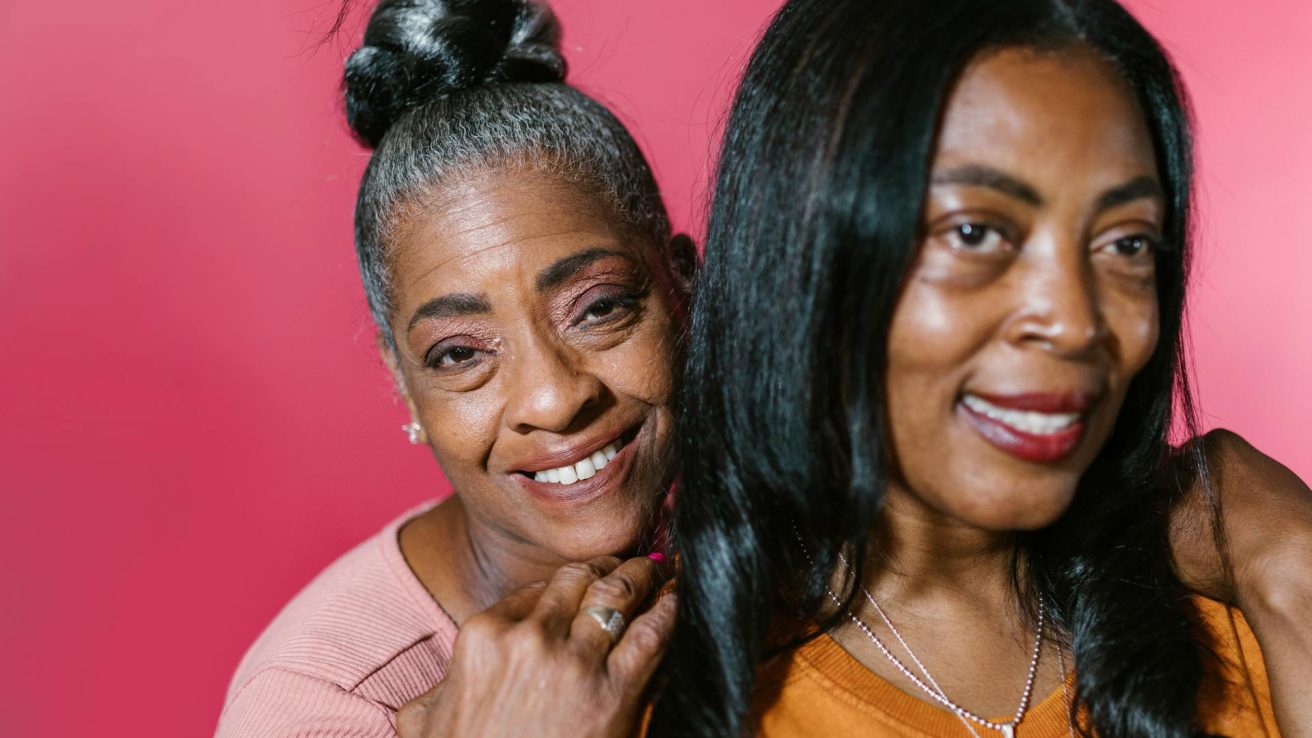In the IDEA trial, postmenopausal patients aged 50–69 years with pT1N0 unifocal invasive breast cancer who did not receive radiotherapy achieved a high level of disease control after 5 years.
For over three decades, radiotherapy has been an essential part of the treatment following breast-conserving surgery (BCS) for patients with early-stage breast cancer. Recent studies have shown that there is a low risk of ipsilateral breast events (IBEs) or other recurrences among selected patients aged 65–70 years or older with stage I breast cancers who are treated with BCS and endocrine therapy (ET) without adjuvant radiotherapy.
This prospective multicenter cohort trial, published in the Journal of Clinical Oncology, assessed whether younger postmenopausal patients could also be effectively managed without radiation therapy by using a genomic assay in addition to traditional selection criteria. Moreover, to investigate the feasibility of omitting radiotherapy in postmenopausal patients who meet specific criteria.
Baseline Characteristics
A total of 200 eligible patients were enrolled in the study. This was a single-arm trial enrolling postmenopausal patients aged 50–69 years with pT1N0 unifocal invasive breast cancer. Eligible patients had margins of ≥2 mm after BCS and tumors that were estrogen receptor-positive, progesterone receptor-positive, and human epidermal growth factor receptor 2-negative, with an Oncotype DX 21-gene recurrence score ≤18. The primary endpoint of the study was the rate of loco-regional recurrence 5 years post-BCS.
The mean age was 62 ± 4.9 years, with a mean 21-gene recurrence score of 11.2 ± 4.8. The tumors were mostly grade 1 or 2, with an average size of 10 mm ± 4.6. Lymphovascular invasion was observed in 16 tumors, and 11 cases had an extensive intraductal component.
Favorable Survival Rates and Low Mortality
The follow-up duration was 5.21 years (IQR, 5.01–5.97). Out of the 186 patients who had a clinical follow-up of at least 56 months, the overall and breast cancer-specific survival rates at 5 years were both 100%. During the study period, there were two deaths, resulting in a 1% mortality rate. One death occurred in a patient who was lost to clinical follow-up, and the cause of death could not be determined. The other death was attributed to unrelated endometrial carcinosarcoma.
High 5-Year Freedom from Recurrence
The 5-year freedom from any recurrence was 99% (95% CI, 96–100). Two events occurred within 5 years: one ipsilateral axillary recurrence and one ipsilateral breast event (IBE). Six additional recurrences occurred after 5 years, all IBEs. No distant recurrences were observed during the study period.
Endocrine Therapy Compliance and Recurrence Patterns
A total of 169 patients remained compliant with ET, and 184 patients were event-free at 5 years. Among the six patients who experienced a recurrence after 5 years, three were compliant with ET. Additionally, 154 out of 178 patients who had not recurred by 5 years were compliant. It is worth noting that both patients who experienced a recurrence before 5 years were compliant with ET. Out of the 14 patients with less than 56 months of clinical follow-up, nine were compliant with ET at the time of data submission.
Age-Based Differences in IBE and Overall Recurrence Rates
The rate of IBEs was 3.6% in the 60–69 year age group and 3.3% in the 50–59 year age group. Similarly, the rate of overall recurrence was 3.6% in the 60–69 year age group and 5.0% in the 50–59 year age group.
Source:
Jagsi, R., Griffith, K. A., Harris, E., Wright, J. L., Recht, A., Taghian, A. G., Lee, L., Moran, M. S., Small, W., Johnstone, C., Rahimi, A., Freedman, G. M., Muzaffar, M., Haffty, B. G., Horst, K. C., Powell, S. N., Sharp, J., Sabel, M. S., Schott, A. F., & El‐Tamer, M. (2023). Omission of Radiotherapy after Breast-Conserving Surgery for women with breast Cancer with low clinical and genomic risk: 5-Year Outcomes of IDEA. Journal of Clinical Oncology, 42(4), 390-398. https://doi.org/10.1200/jco.23.02270






